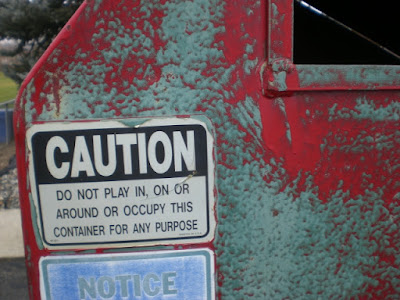 |
| An orchard in waiting mode last fall, to come in bloom sometime in April |
Sometimes our “feeling down” is of our own doing. We clutch
sinful actions, words, or thoughts to our hearts, thinking that they’re not
that big a deal to God. Or maybe He
won’t even notice them. The problem is that any sin is an offense to God. If
sin wasn’t such a bad thing, why did Jesus die?
Okay, that’s the heavy part, the “sighing” over the
condition of our hearts. Psalm 130 is like a tape recording of owning up to sin
and seeking forgiveness. It begins with a writer so burdened by sin that he
feels sinking into depths. Could God possibly hear a cry for mercy, as far down
as he (or she) has sunk? If God has a
sin-ledger book, there’s no hope. The
writer cries out, “If you, O Lord, kept a record of sins, O Lord, who could
stand?” (v. 3).
SIN CATALOG
Years ago I read a poignant illustration of this—a tale in
which a person was taken to a room crammed with what looked like old-fashioned
card-catalogue files. As he opened each drawer and thumbed through the cards, he
saw each bore a description of a sin in his life. Card after card condemned. He
sunk to the floor in despair and tears….until a nail-scarred, blood-marked Hand
rubbed across each card, erasing it. “But with you,” the psalmist continued,
“there is forgiveness” (v. 4).
Yet the psalmist isn’t totally sure of total
forgiveness. The end of verse 4 says,
“therefore you are feared.” He waits for
assurance that God forgives and for his fellowship with God to be restored.
It’s a long night of wondering, like that which ancient guards faced while walking the city walls during the dark of night, watching and listening for any enemy
action nearby. It was tiring duty. No wonder they were glad to see the sunrise!
“My soul waits for the
Lord, more than watchmen wait for the morning, more than watchmen wait for the
morning.” (v. 6)
WAITING IN THE DARK
I remember long "night watches" with a
fussy baby or sick child. Time crawled while rocking that child in the darkness. Dawn
seeped in so slowly and I wondered if new hope will come with the first glimpse of
sunlight. This is the psalmist’s situation. Imagine, having to wait and
wait—and wonder—if God will forgive your sins.
In the last couple verses, he affirms that God can and will forgive, offering “full redemption” (v. 7) from “all their
sins” (v. 8).
Confession of sin is serious business—both confession to God
and to people who’ve been hurt by sin. A quickie remark or note, when the offense was deep and wounding, doesn't mean much to the person who was hurt. In
contrast, personal and specific confession with an obvious grief for named offenses--not a generic "sorry I got mad" note--shows that the offender wants his or her request to be taken seriously. *(See note below)
After reading and mulling over Psalm 130, turn to Hebrews
10:19-25. That passage puts the Gospel perspective—the atoning death of Jesus
Christ—on the Old Testament view of sin. When we’re in the depths, calling out
to God, there’s a new hope:
Let us draw near to
God with a sincere heart in full assurance of faith, having our hearts
sprinkled to cleanse us from a guilty conscience…Let us hold unswervingly to
the hope we profess, for he who promised is faithful. (vv. 22-23).
When we’re honest about our sin, God doesn’t put our call
“on hold.” The calls of the believer
serious about confession and spiritual change go right through to Him. And
that’s great reason for hope and joy.
============
*Although it doesn't quote scripture, I found the site below to be basically Biblical in approach regarding how to ask forgiveness. It underscores the importance of personal apologies with their revealing body language and voice tone. In contrast, the easier-sent note or E-mail, which spare the offender "face" or embarrassment, are far less likely to produce the sorrow needed to change negative behavior.



